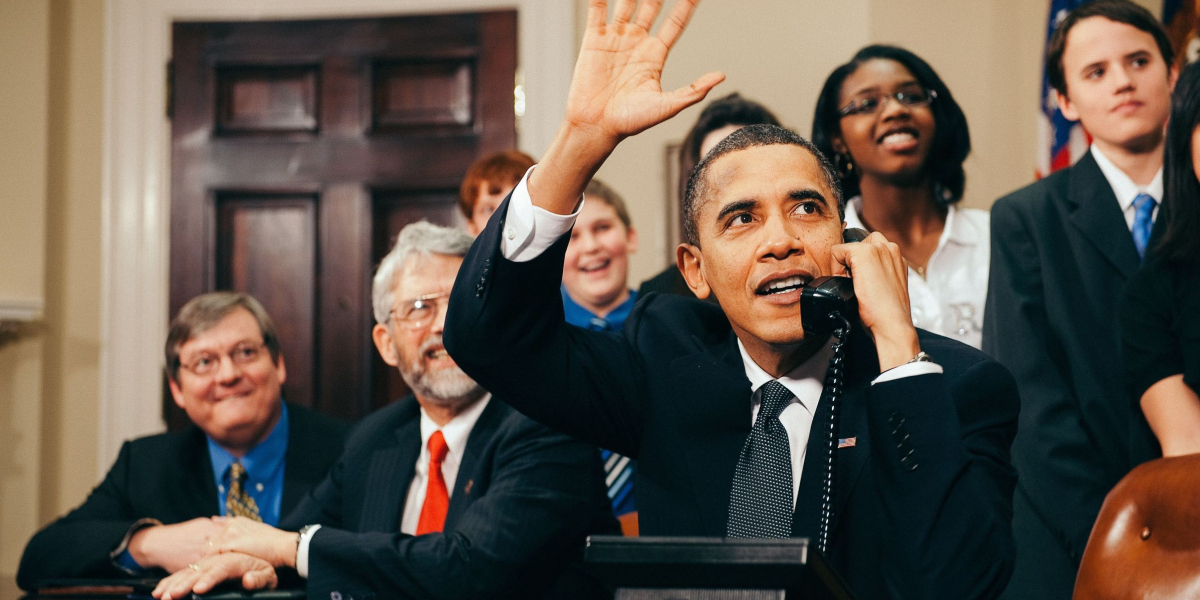What Is Meant By Cancel Culture?

What is meant by cancel culture?
Humans have always been at odds with each other. Tribes, nations, and families have been disagreeing, fighting, and killing each other over different views for centuries. Up until recent times, physical violence (or the threat of it) was one of the only ways to reject those you didn’t like.
Now, the idea of “cancel culture” has cropped up–ostracizing individuals and sometimes groups–sometimes based purely on disagreements. Is society made more accepting and inclusive when it rejects people simply for their beliefs? It’s time to take a closer look.

What Is Cancel Culture?
As a word, the word “cancel” is relatively new. With the advances in technology, the Internet has fostered the idea of “canceling” certain people, places, and things, both online and off.
Cancel culture in its contemporary usage started appearing only throughout the last few years. It’s the idea that you can immediately ostracize someone simply because you disagree with them. It may not even mean that you dislike the entire person–although it can mean that. Cancel culture usually just means you want to push someone out of society’s “friendly zone” because they hurt your feelings or said something offensive.
It’s no longer enough to take someone’s word for something. You can now outright deny that someone said something at all. Cancel culture even includes making up rumors about someone that can be used to further excise them from your life.
There is a trend across much of modern society: Young people create fake social media accounts or off-the-wall group pages to be rejected or ignored. Pre-made groups like “The Denier Family,” or a page called “FUCK YOU, YOU LIBERAL CRAPPING MEANIE POLITICALLY RACIST WASTE OF SOCIAL LIFE!” are a few examples.

Why Is Cancel Culture Harmful?
The idea that you can simply “cancel” a conversation, a person, or an entire relationship has been around for years, but the fact that it’s gained widespread acceptance in recent years is concerning. To understand why cancel culture is harmful, we have to talk about how modern society operates.
For the most part, in today’s society, there are generally two ways to handle things. In one situation, we have diplomacy: finding a way to peacefully solve the disagreement through free speech. In the other, we have aggression: escalating tensions to a point that either side feels the need to cancel the relationship.
The former is often the healthier and saner way to resolve an issue. It also tends to require a lot more emotional intelligence (IQ), patience, and personal maturity. The latter, while neither mature nor responsible, is far more emotionally gratifying. This is the main reason people opt for cancel culture. It puts them in the position of power, whether or not they’re using that power to ethical ends.
What Are The Benefits Of Cancel Culture?
Cancel culture as an organizing principle dates back to the 1960s, where radical feminists protested within subcultures and advocated radical changes. They denounced the effects of people living in the mainstream, especially those of the male gender.
In their view, women should be equal to men. The stereotypical male-dominated occupations such as car repair, welding, and engineering should be split up between both sexes. And young men should be encouraged to take up traditionally female roles in work and life, such as childcare and housework.
Some goals had their successes, considering the 1990s Nirvana protest. What came out of other radical movements was mostly a lot of conflict, sadness, and anger. Some may say that feminism is not cancel culture, whereas others may wholeheartedly believe it is.

What About Cancel Culture As It Relates To Feminism?
When asking what is meant by cancel culture, the “cancel” part can be seen as a positive if what people want to cancel is legitimate oppression or tyranny. There are many genuine positives that have come as a result of both women and men’s striving for female equality. Then again, even using a phrase like “cancel culture” is negative right off the bat, so the strongest case is to not associate feminism with cancel culture.
Many people believe that original feminism was not about “canceling” men or trying to force men off the face of the Earth. Instead, it was about the social, political, and economic equality of women. Large numbers of people agree with this definition of feminism and fully support the independence and socioeconomic freedom of women everywhere.
Some people believe that feminism, especially modern-day feminism, is more about oppressing men, painting oneself as a victim because of male success, or simply attacking men on the basis of their identity. Indeed, what’s often called third-wave feminism looks radically different from first-wave feminism, and has entirely different goals in most cases.

What Are The Negatives Of Cancel Culture?
On the surface, cancel culture sounds like a great way to have only the friends you want. It requires nothing more than an easy button or two. Just press the button, and whoever you’re angry with will be taken off of the virtual social radar. Of course, the button can be pushed in either direction. Some people can use the system to gather like-minded people around them while others can use the system to make enemies.
One of the most infamous examples in the world of Twitter is Milo Yiannopoulos, the much-publicized, right-wing provocateur who rose to prominence during the 2016 presidential election season. Some of the effects of cancel culture can include: Those who think like the individuals being “canceled” may become disconnected from society as a whole. Due to our desire to be liked and accepted, this can be a difficult hole to dig out of, depending on one’s circumstances of course.

Famous Instances Of Cancel Culture On The Political Left
At the heart of it all is the concept that ideas can be so “offensive” that they are considered unworthy of being defended. And, of course, what is perceived as “offensive” will have an impact on your political views and the more you are at odds with someone’s beliefs, the easier it is to employ a “cancel” argument.
It is said that liberals are all about “positivity,” but this leaves out a significant percentage of self-described liberals and progressives (we understand those are two different views, but they both point left). For instance, some believe that Trump is a hateful person, and therefore must be excised from society. In the “extreme” liberal view, it’s enough to oppose Donald Trump simply because he’s not a liberal–despite anything else he has or has not done. Even more extreme is the belief that if you disagree with “me,” I will not speak to you anymore.

Famous Instances Of Cancel Culture On The Political Right
On 4chan’s /pol/ (politically incorrect) board, user “[Bananas] said in a thread on gun ownership that people should be armed for self-defense.” “No matter,” they said, “we have to make sure the ‘illegal alien’ isn’t armed with a gun.” This is an example of a double standard and trying to cancel someone’s rights just because they are different from you.
People on the right have also taken issue with the language that Obama uses in his speeches. They say he is “stating something that is clearly against the 1st amendment and freedom of speech,” even though he is speaking as president of the United States. Republicans are no strangers to launching ill-informed scourges on both Obama himself and his presidency.
The important subject of racism has been discussed intensely since the 2016 election and in regards to the Trump administration. A common way those on the right have used the phrase cancel culture is when they were frustrated with the media’s use of the word “racist.” Racism is an extremely complex issue, and while not everything is tied to or caused by racism, it certainly persists in today’s world.
Conclusion
In a 2012 study, college students rated an individual’s political views negatively if their answers didn’t align with their own. That’s pretty shocking in itself. These students were also asked to give the equivalent of a grade for civility. They ranked civility as a number from 1-6 (1 being least civility, and 6 being most civility) and thought it was more civil when people agreed with them.
This demonstrates how detrimental “cancel culture” can be in the most basic of ways: Asking people to conform their beliefs to those of another person or group. This can cause irreparable damage to one’s sense of self and self-worth. Modern trends towards acceptance and inclusivity do have positives, but only if they’re authentic.
Read more culture posts and news stories on our blog.





